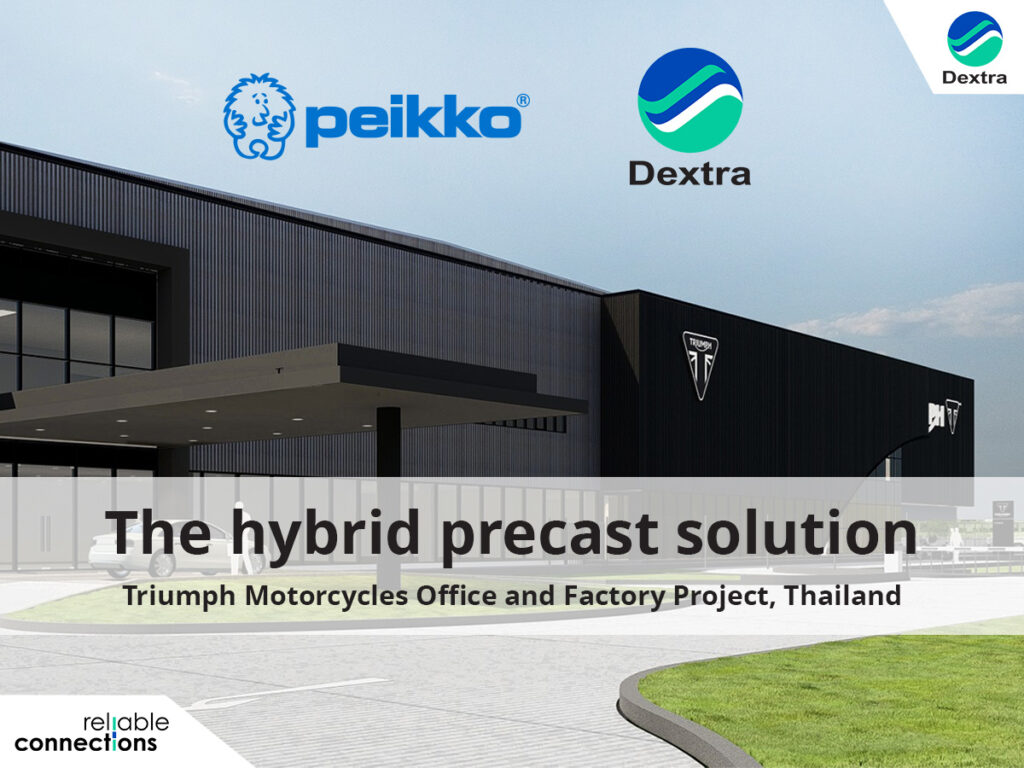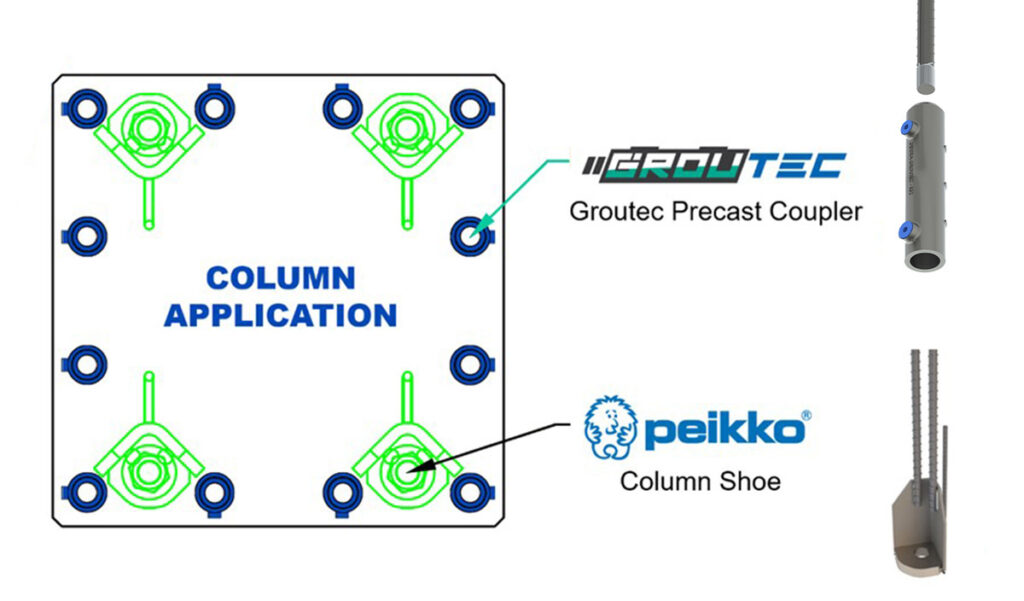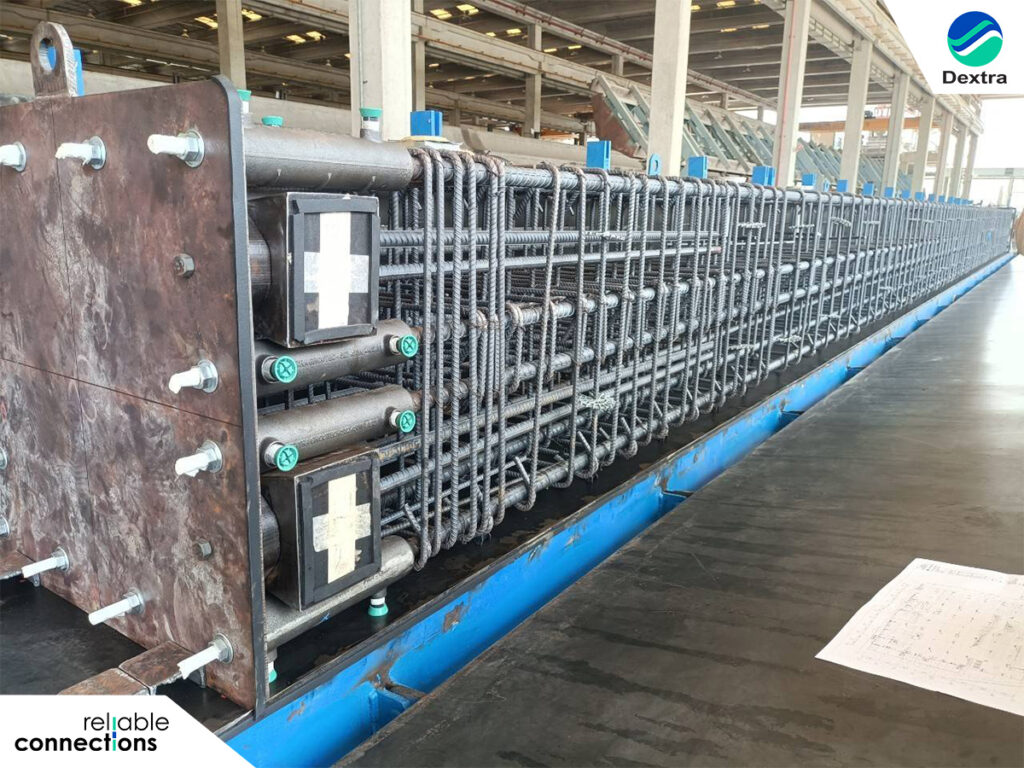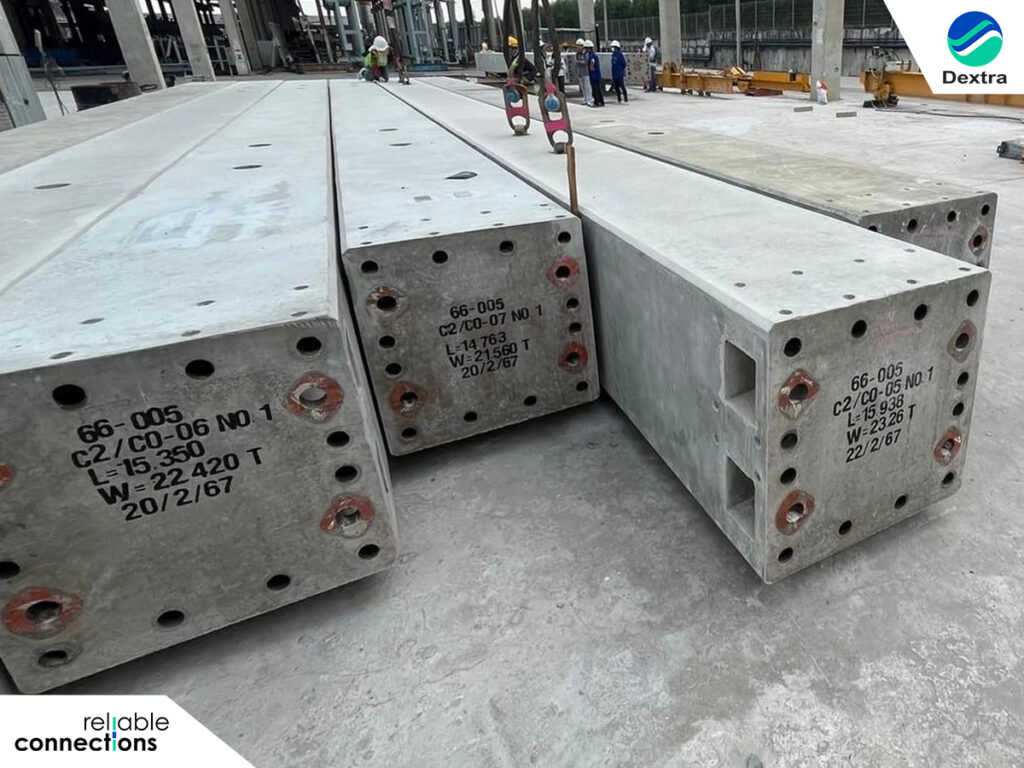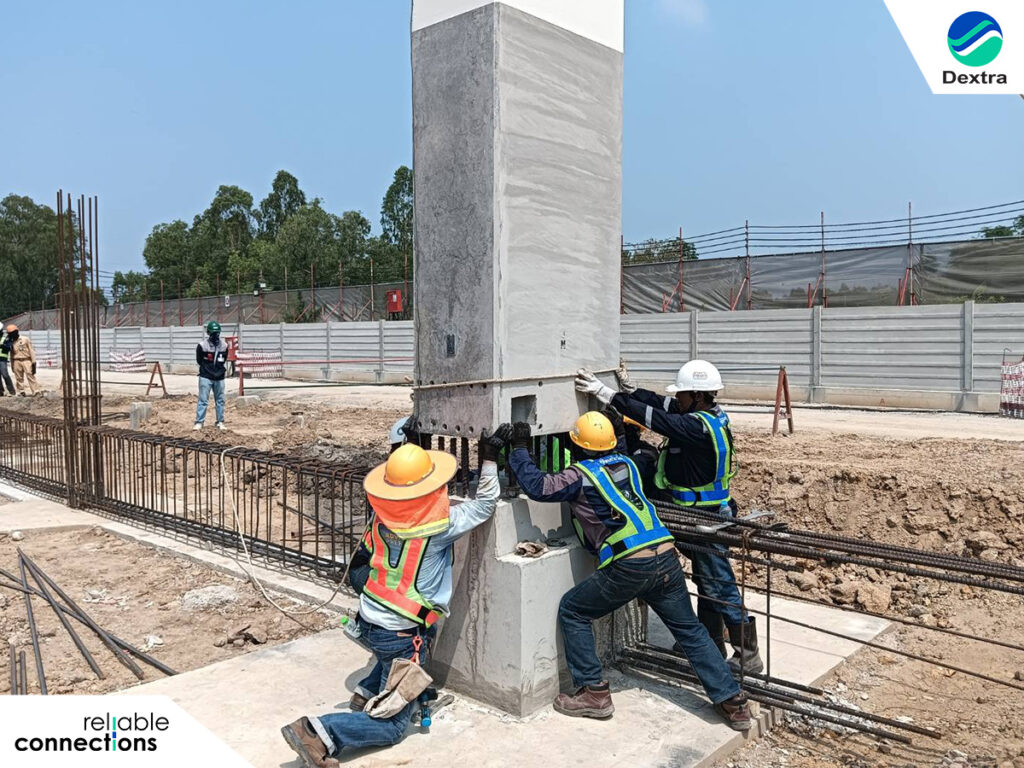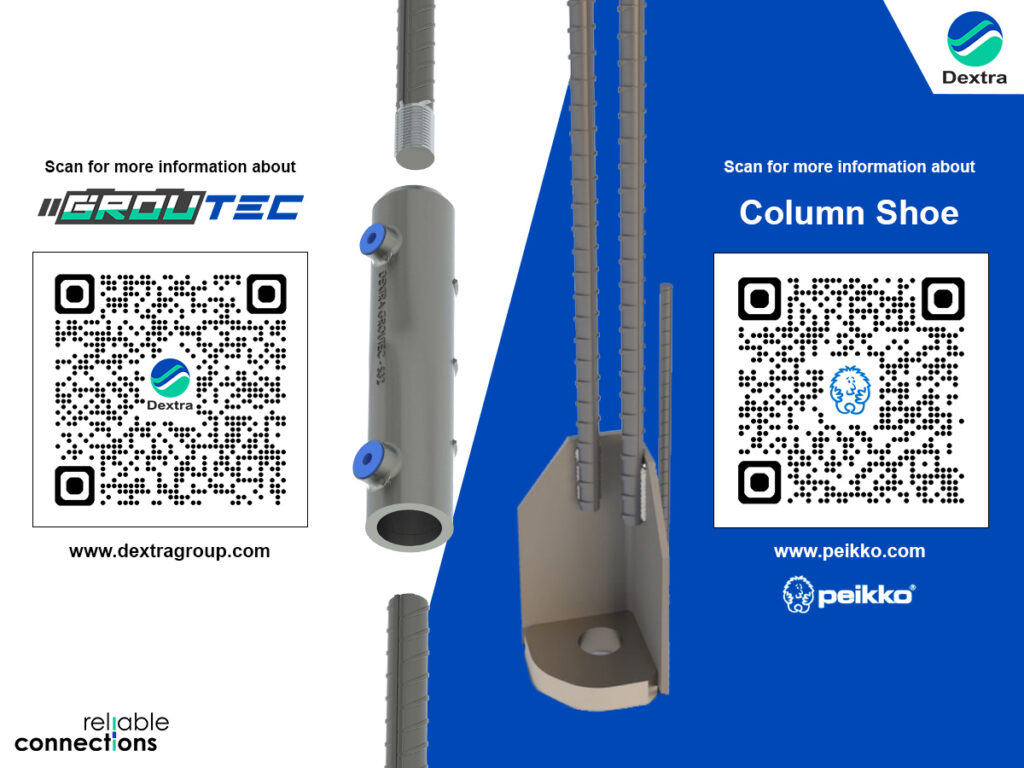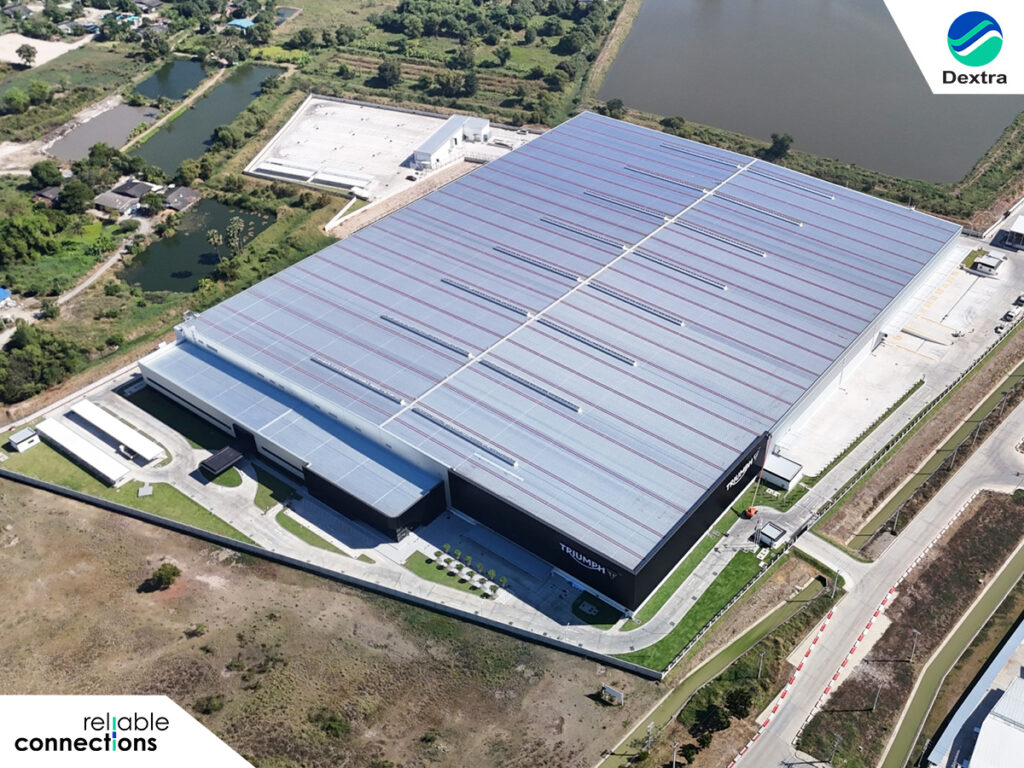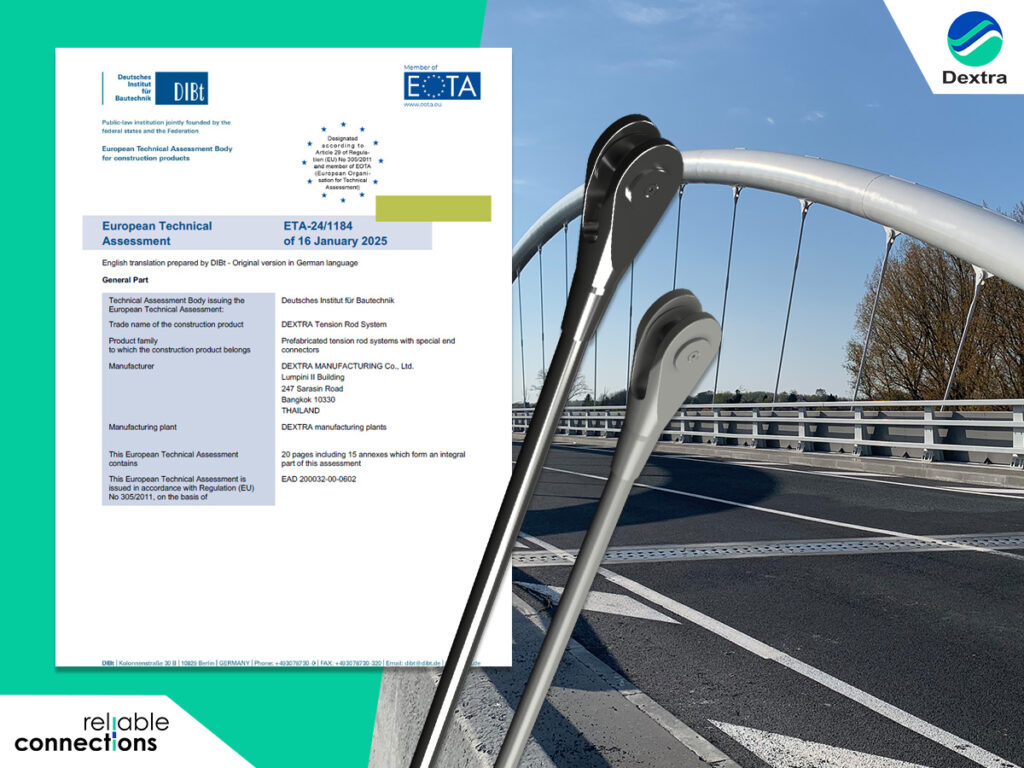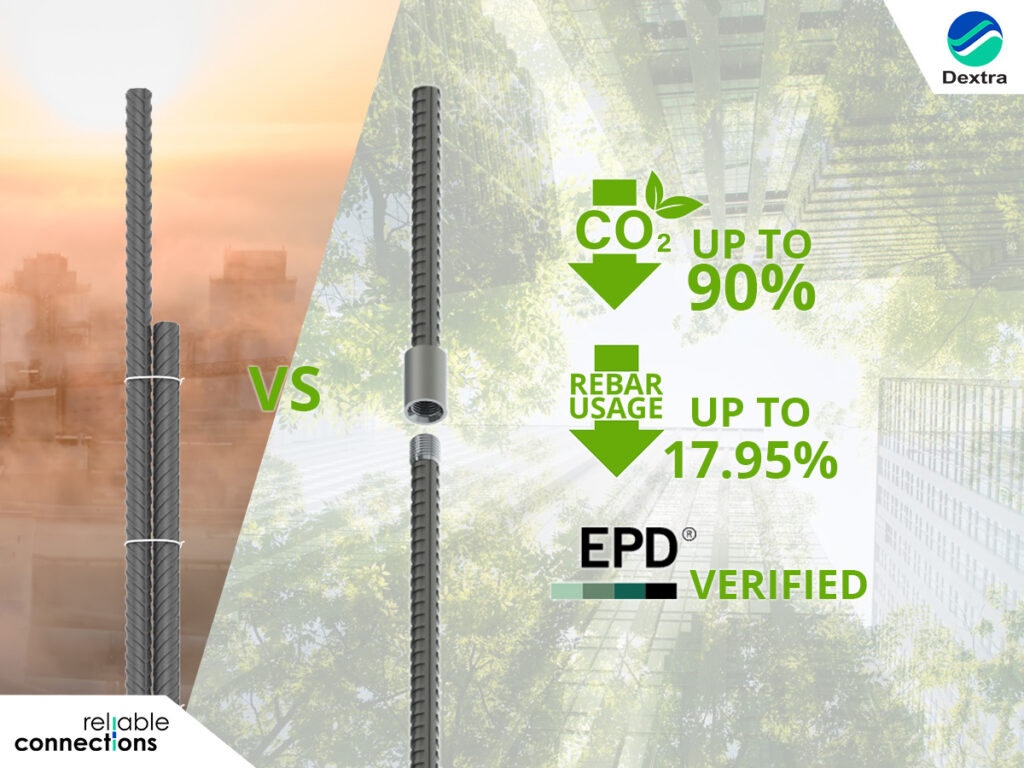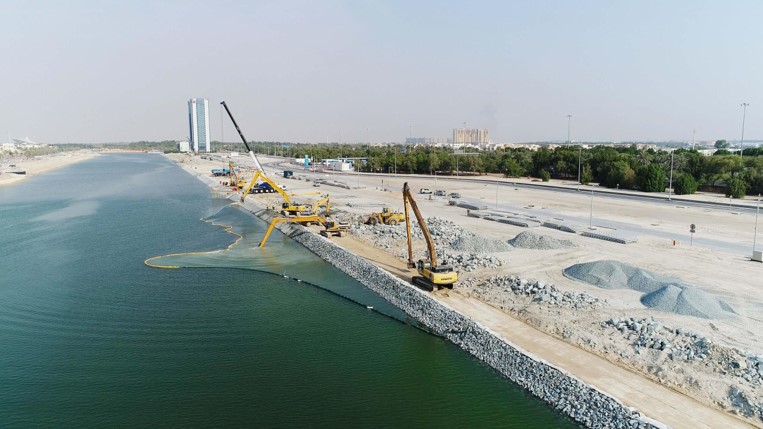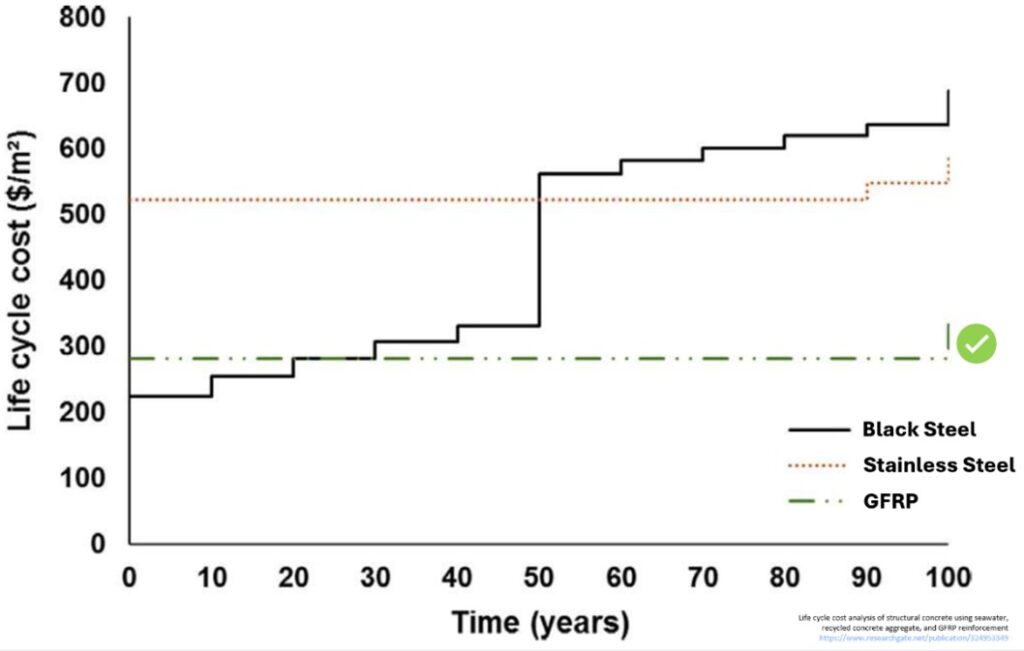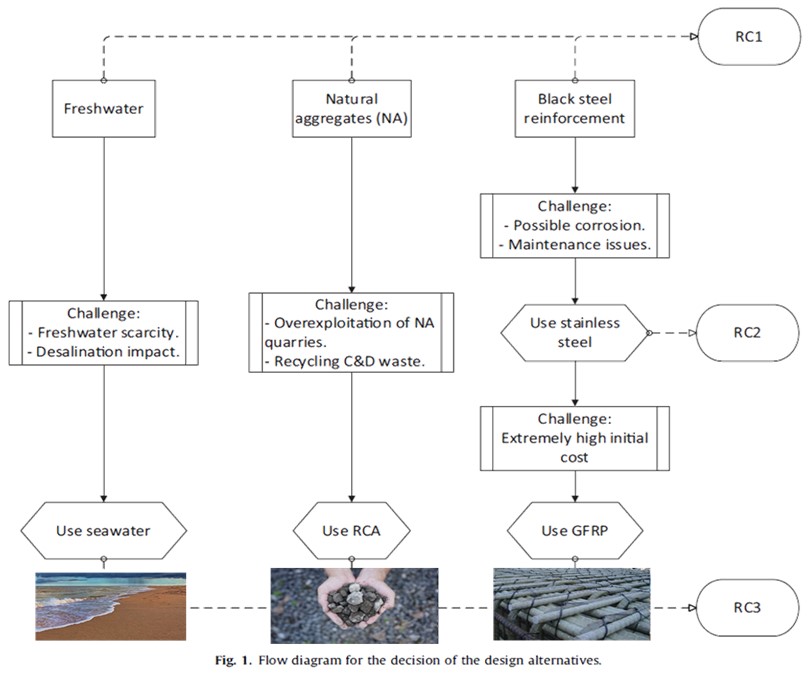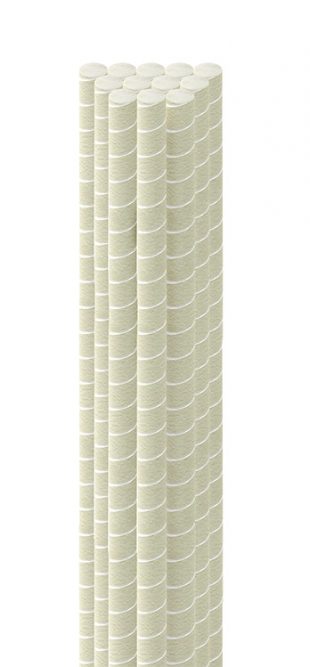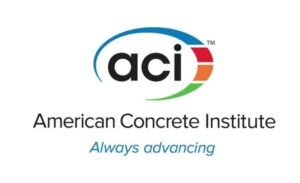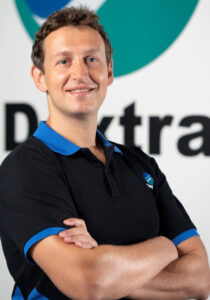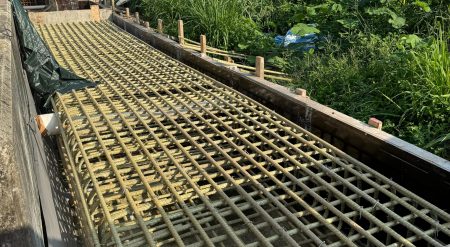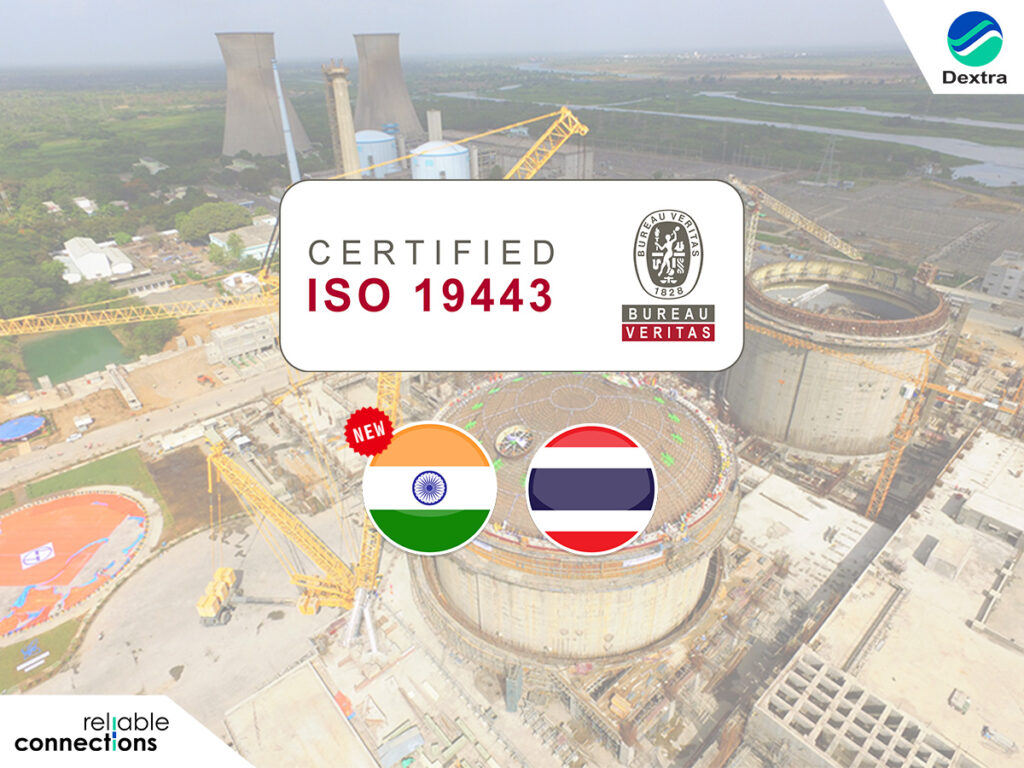Why FRP Matters in Modern Construction
As the industry moves toward more sustainable and durable infrastructure solutions, FRP composites have emerged as a game-changing material. Offering superior corrosion resistance, high strength-to-weight ratios, and extended service life compared to traditional steel reinforcements, FRP is being increasingly adopted in critical construction applications worldwide.
With growing concerns about the environmental impact and longevity of reinforced concrete structures, FRP presents a solution that significantly reduces maintenance costs and enhances resilience in harsh environments, such as marine, transportation, and industrial infrastructure.
Dextra’s Commitment to FRP Innovation
Dextra has long been at the forefront of developing advanced reinforcement solutions, including our Durabar+ GFRP Rebar, which recently earned ICC-ES certification for compliance with international building standards. By joining IIFC as a Patron Member, Dextra strengthens its role in shaping the future of FRP applications through research collaboration, knowledge sharing, and contribution to industry’s best practices.
Through this partnership, Dextra will actively engage with leading researchers, engineers, and policymakers to support the widespread adoption of FRP materials in construction projects worldwide.
What This Means for the Future
By joining forces with IIFC, Dextra continues to lead the way in providing high-performance reinforcement solutions that meet the evolving needs of modern construction. Our participation will drive:
 Greater industry awareness of FRP’s advantages and applications
Greater industry awareness of FRP’s advantages and applications
 Collaborative research initiatives to further validate FRP solutions
Collaborative research initiatives to further validate FRP solutions
 Stronger regulatory and standardization efforts for FRP in structural applications
Stronger regulatory and standardization efforts for FRP in structural applications
 A sustainable future with durable, corrosion-resistant construction materials
A sustainable future with durable, corrosion-resistant construction materials
Looking Ahead
At Dextra, we are excited to embark on this journey with IIFC and contribute to the ongoing transformation of the construction industry. As FRP adoption continues to grow, we remain committed to delivering high-quality reinforcement solutions that support resilient and environmentally responsible infrastructure.
For more information about IIFC and its mission, visit: www.iifc.org
Stay connected with Dextra for more updates on our innovations in FRP technology!
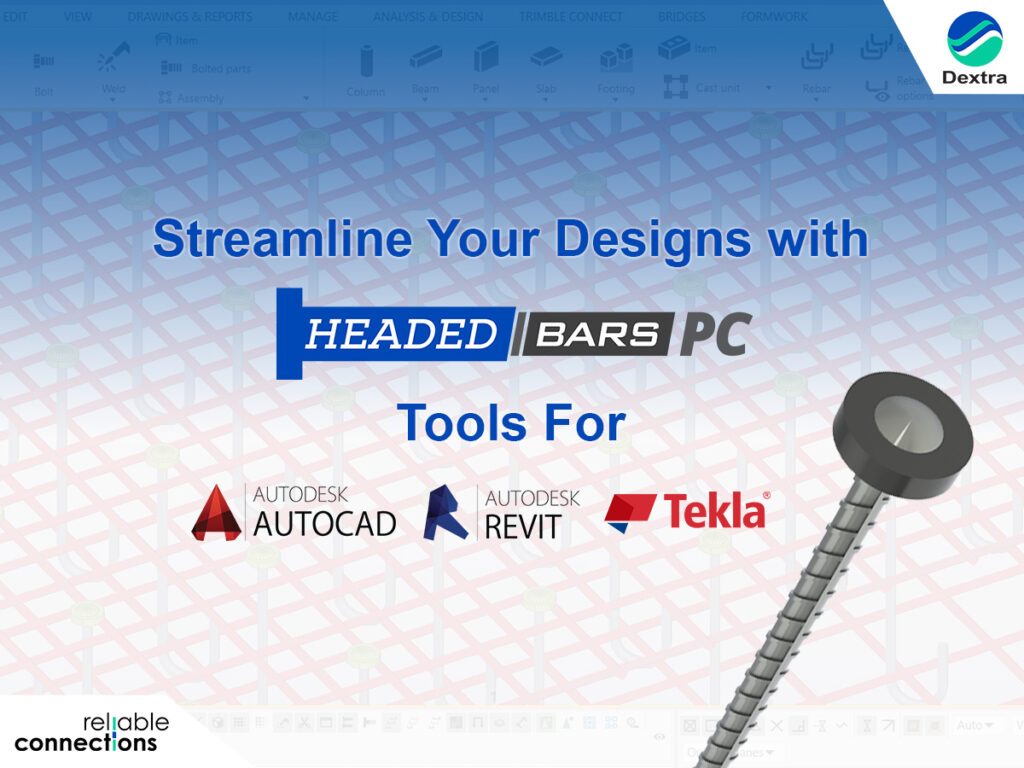


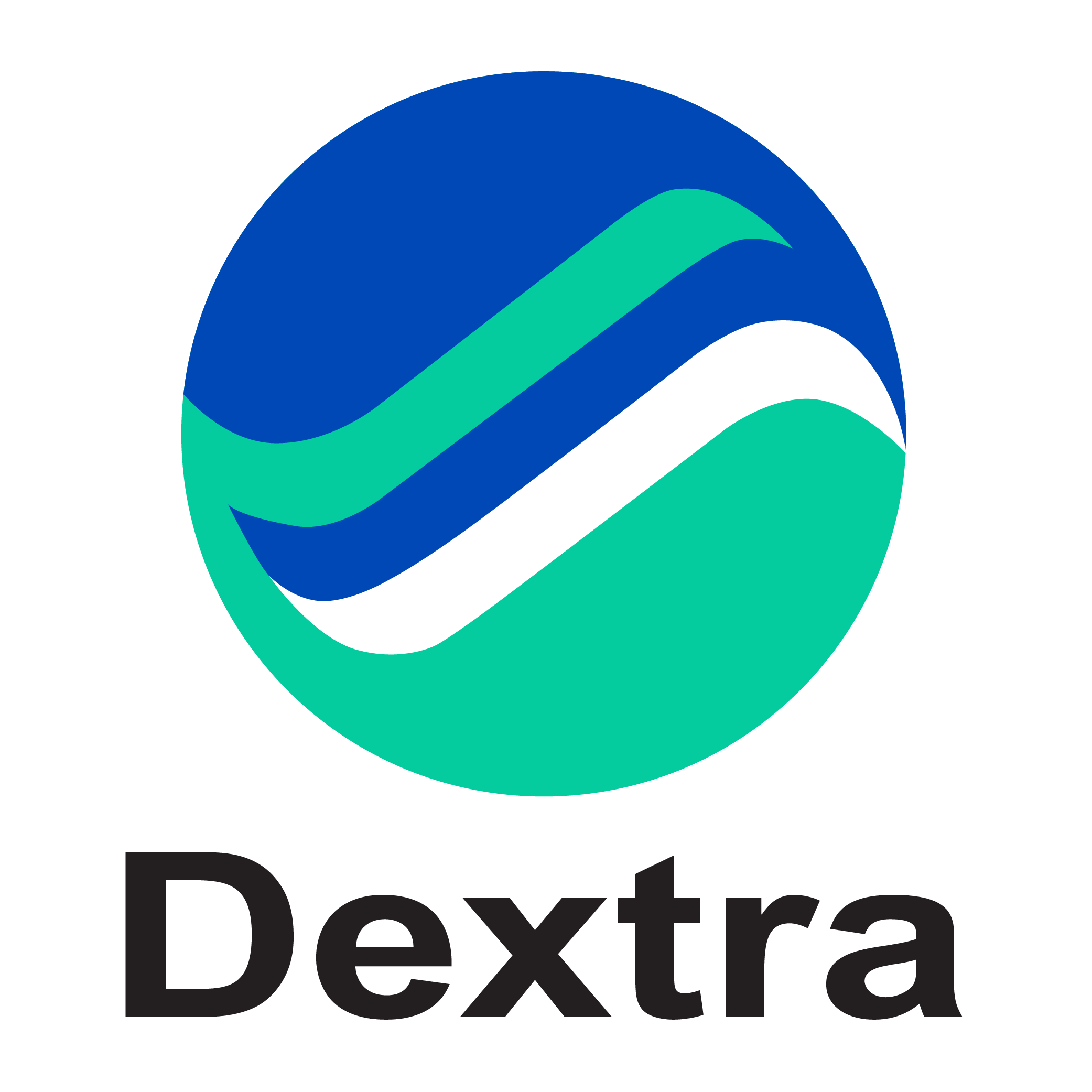




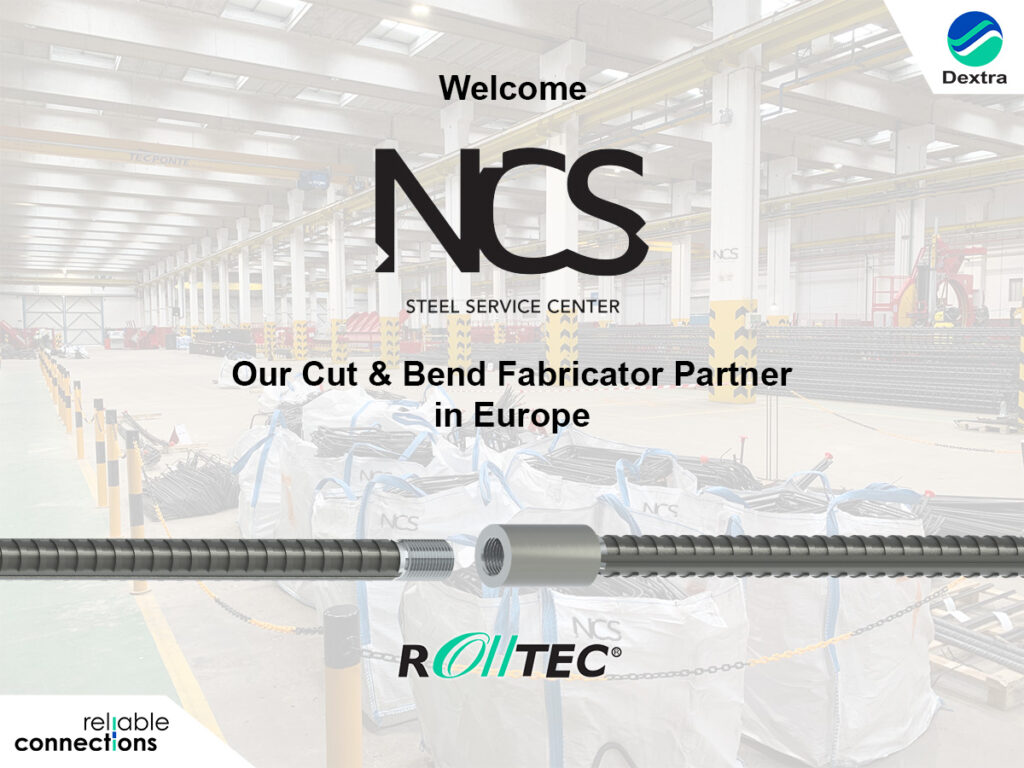
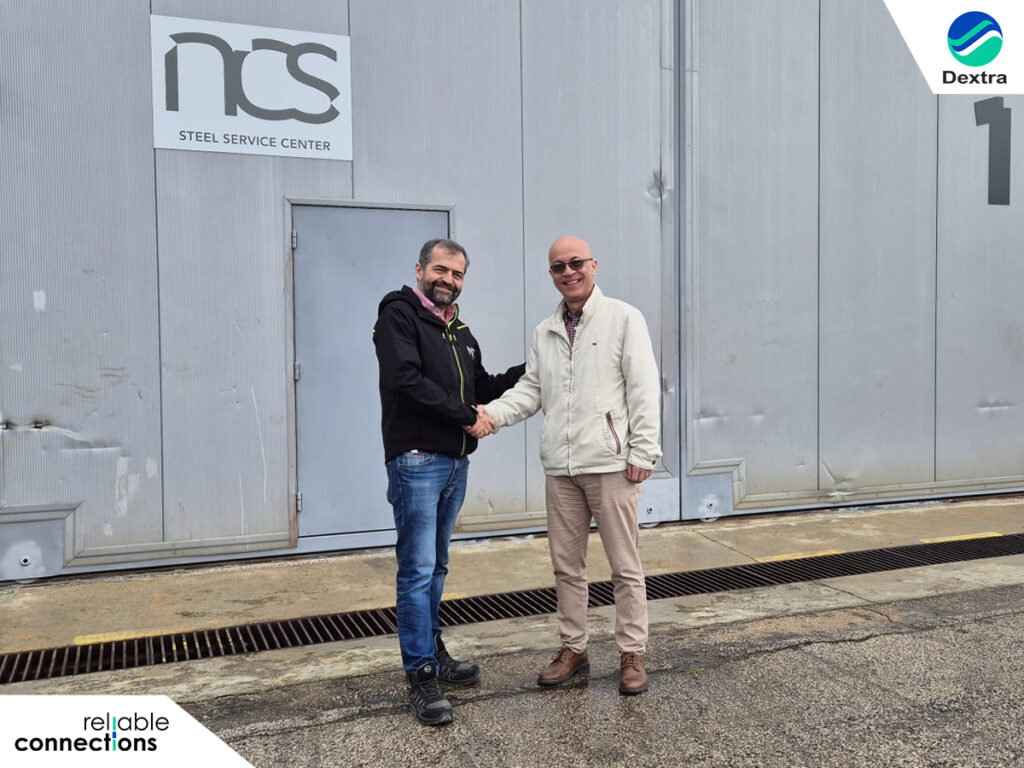
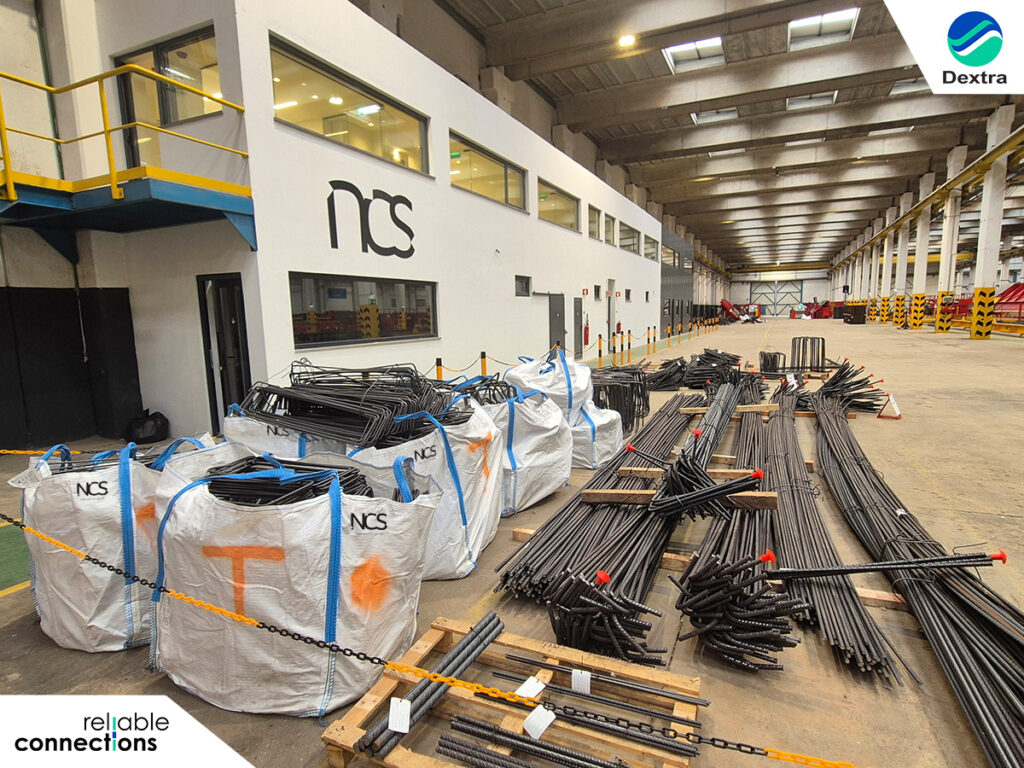
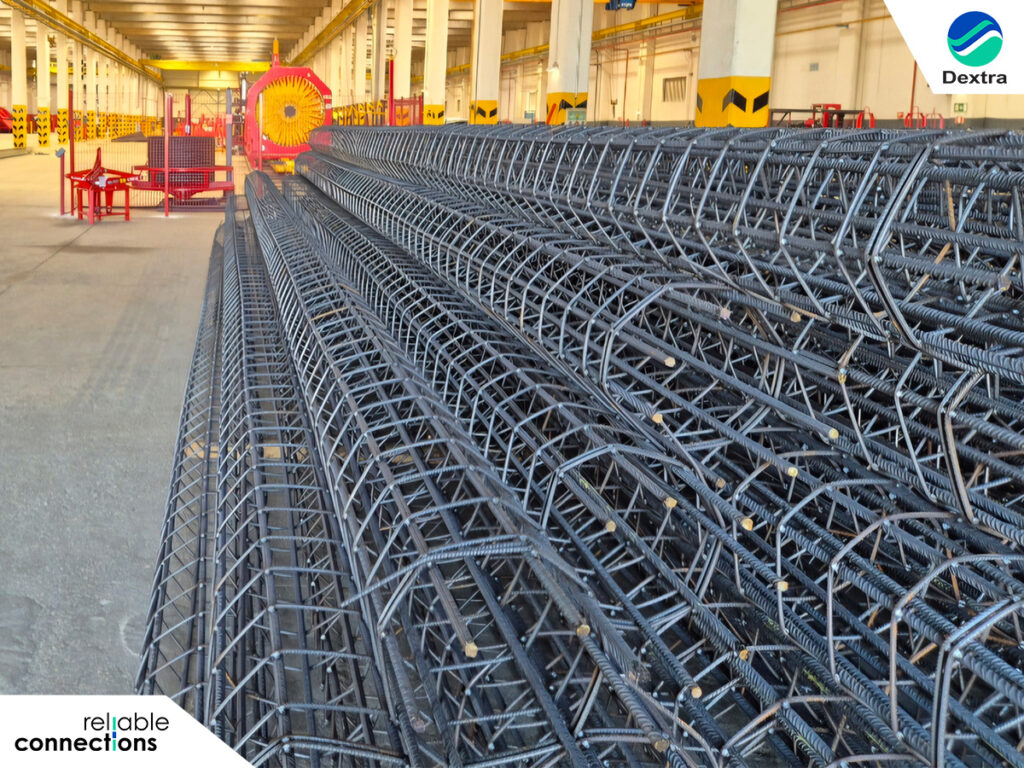

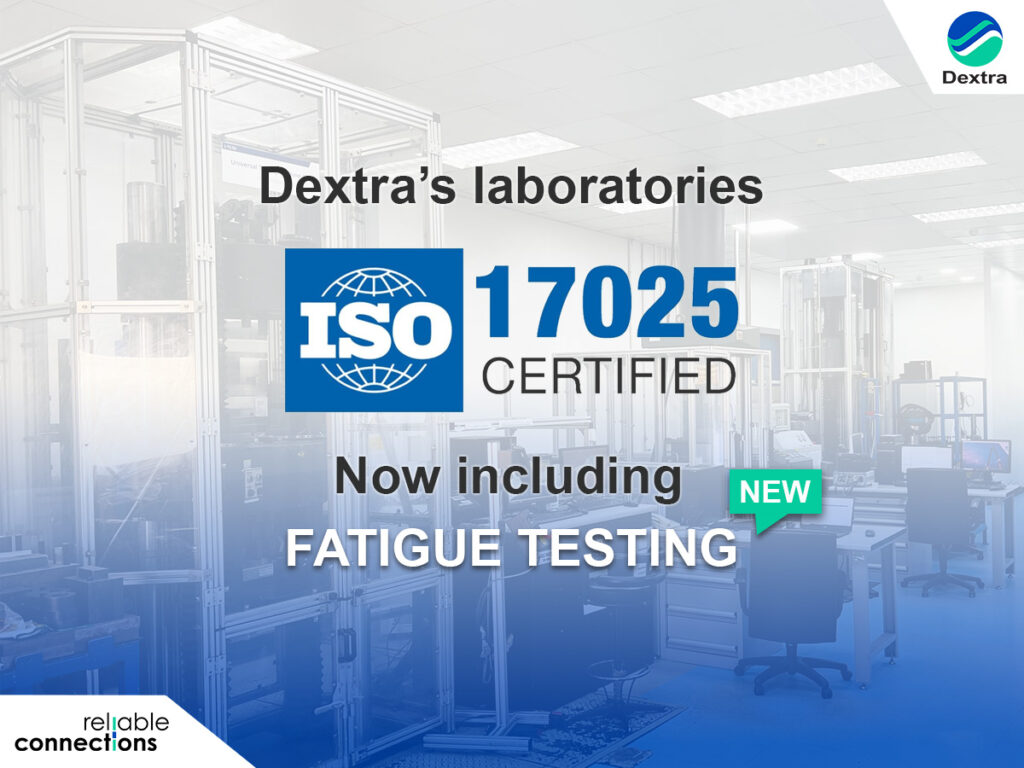

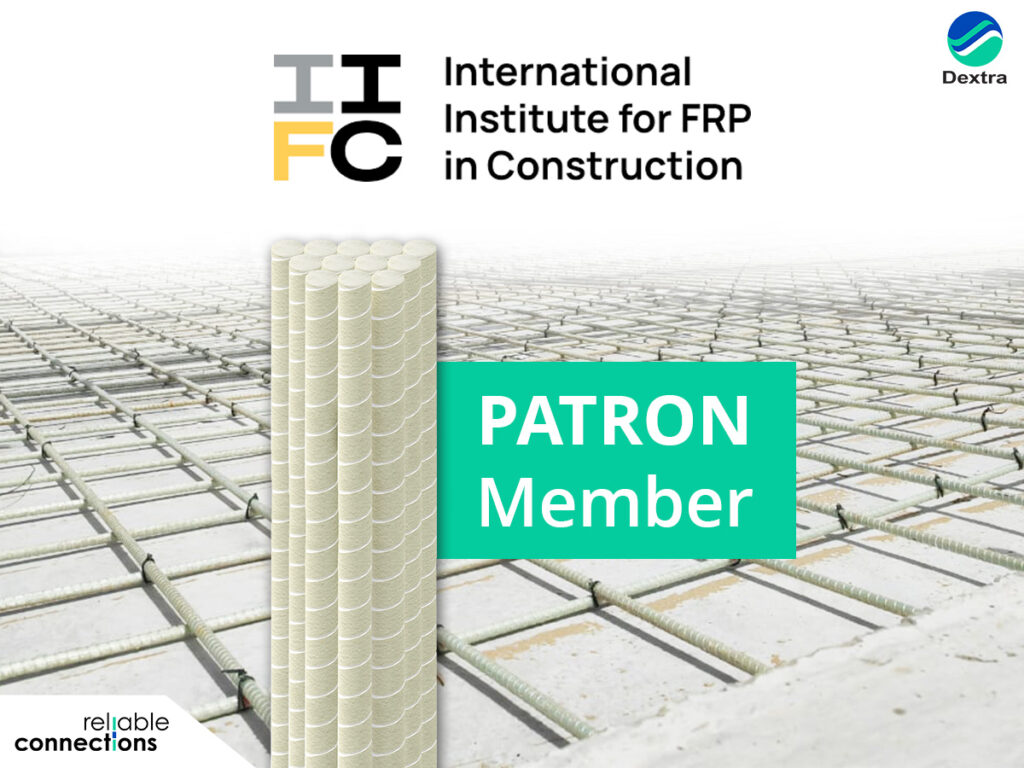
 Greater industry awareness of FRP’s advantages and applications
Greater industry awareness of FRP’s advantages and applications
